-
Research brief: How predictable are land-atmosphere fluxes in different ecosystems?
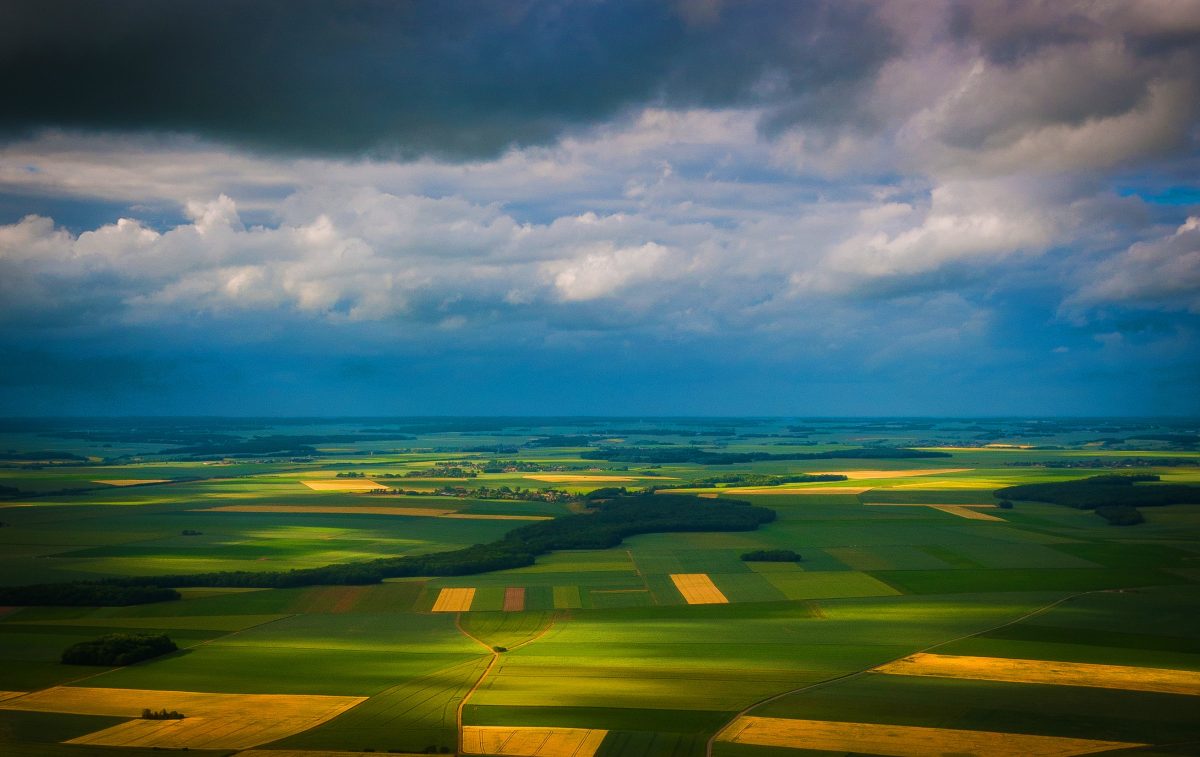
A new study by CLEX researchers using observations from FLUXNET sites identifies regions of high and low predictability and will likely help improve land surface model evaluation.
-
Research brief: Ecohydrological equilibrium approach improves modelling of LAI
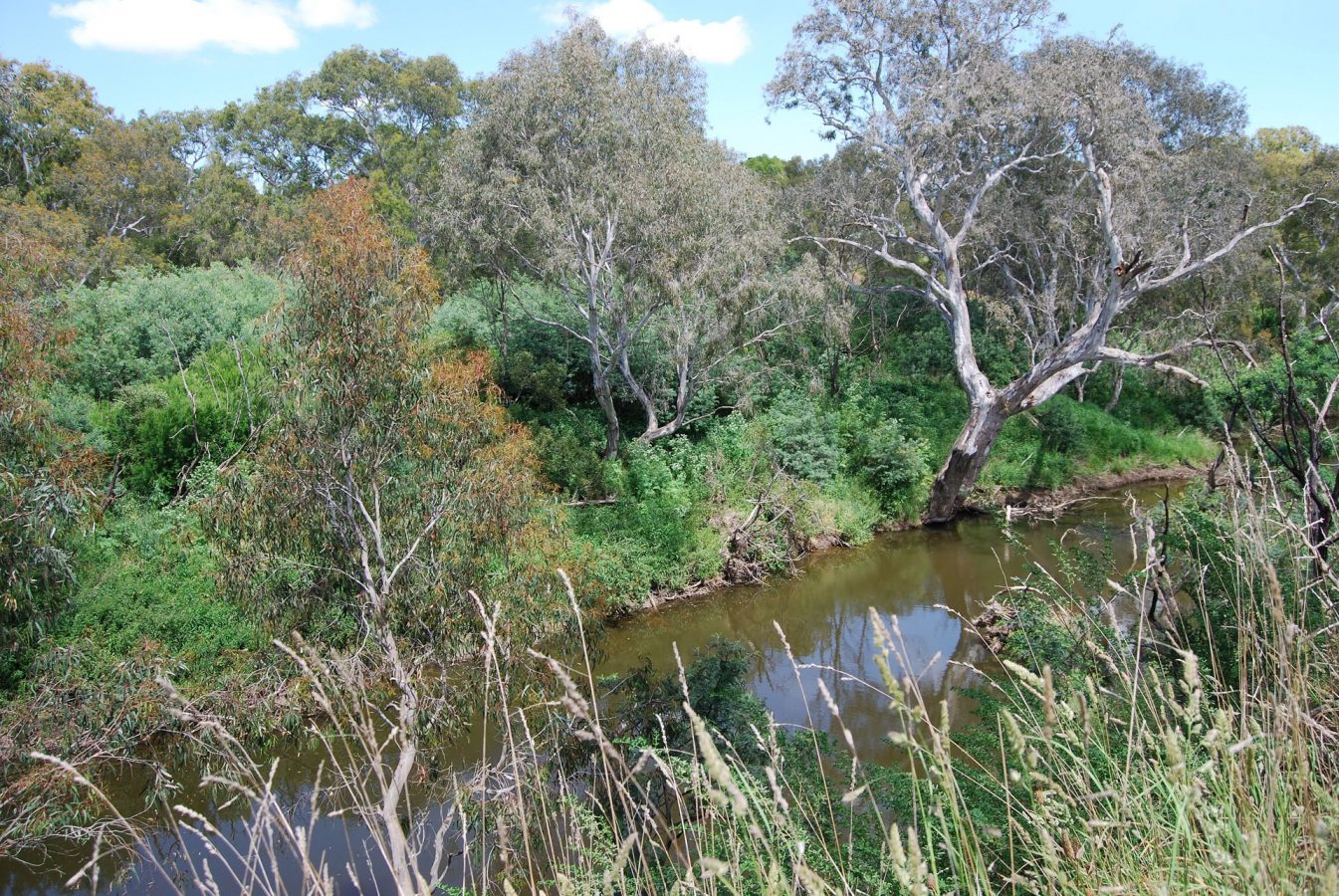
New research clearly demonstrates the potential to predict long-term LAI using simple ecohydrological theory. This approach could potentially be incorporated into existing terrestrial biosphere models and help improve predictions of LAI.
-
Research brief: Some trees may survive future heat better than expected
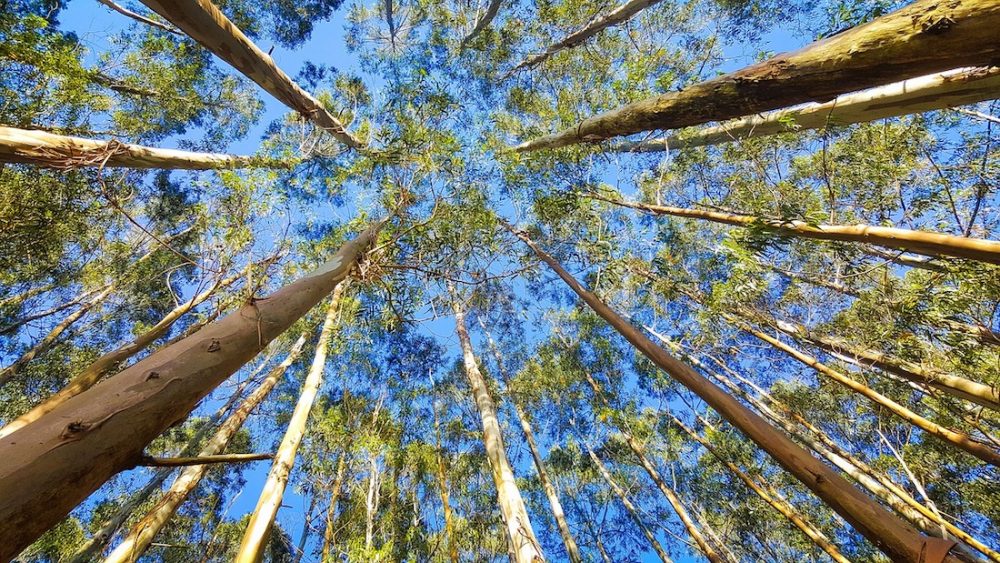
This research suggests some trees and in particular, Australian trees, may be more resilient than expected to future warming and extreme events. These findings have implications for planning around which species to plant in “green cities” to help mitigate future climate extremes.
-
Research brief: New insight into plant growth under climate change

The application of a simple carbon balance model, combined with a data assimilation approach, has the potential to improve the process understanding embedded in models, which is used to predict responses of the carbon cycle to climate change.
-
Research brief: Droughts inconsistently represented across climate models
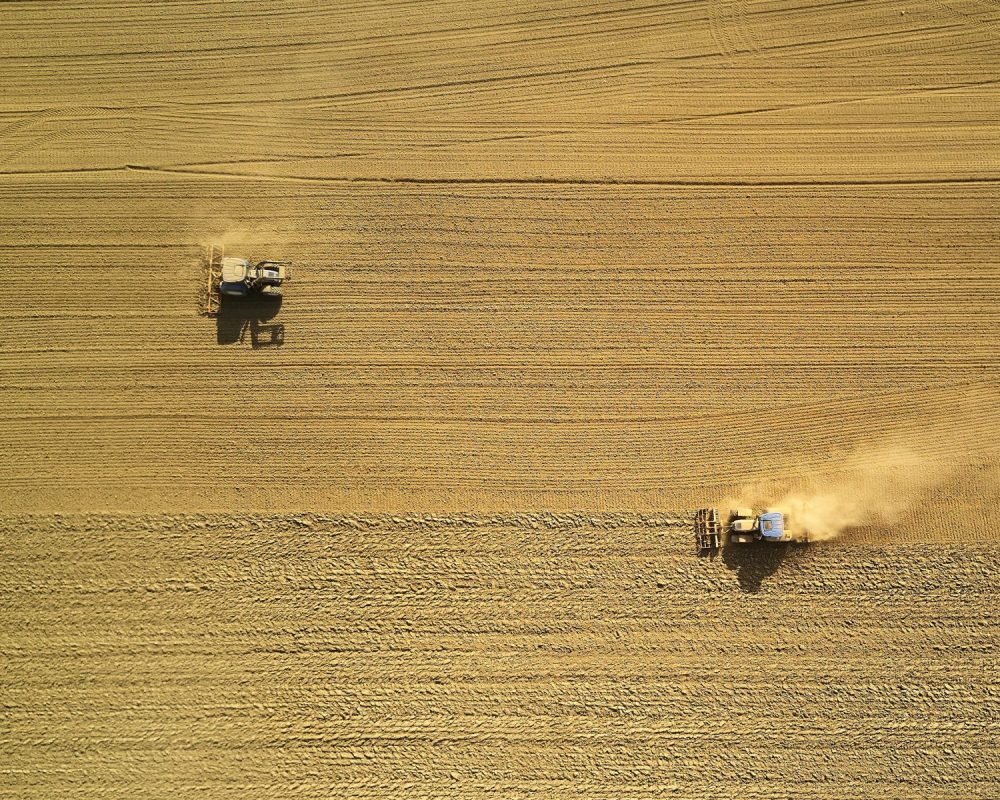
This study evaluated GCMs for common drought metrics during the past 55 years. It found different models can produce very different simulations of drought, depending on the type of drought and metric analysed. The study points to a need to improve GCMs for droughts to reduce uncertainties in future projections.
-
Research brief: Future climate risk from compound events

CLEX researchers writing in Nature Climate Change suggest a paradigm shift in how climate scientists approach climate change impact assessments. They suggest examining the system or potential catastrophe first instead of making the starting point a climate scenario.
-
Research brief: Why record-breaking droughts had very different impacts on Amazon forests
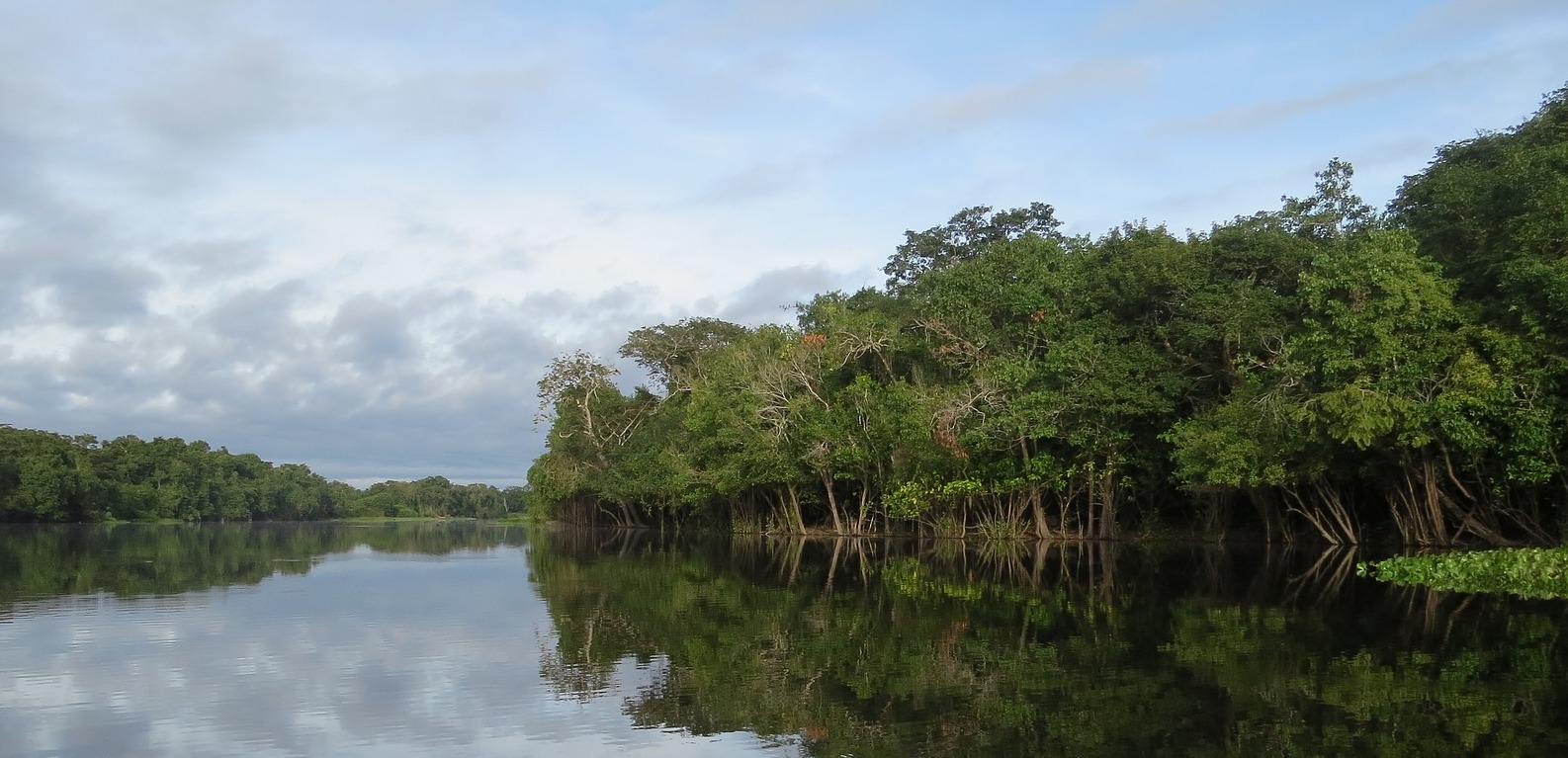
In 2005 the Amazon experienced a once in a century drought. Five years later, in 2010, it was struck by an even worse drought, with even lower rainfall occurring in the dry season. However, the response of the Amazon forest to these two once-in-a-century events showed marked differences.
-
Regional adaptions can cool heat extremes by up to 2-3°C
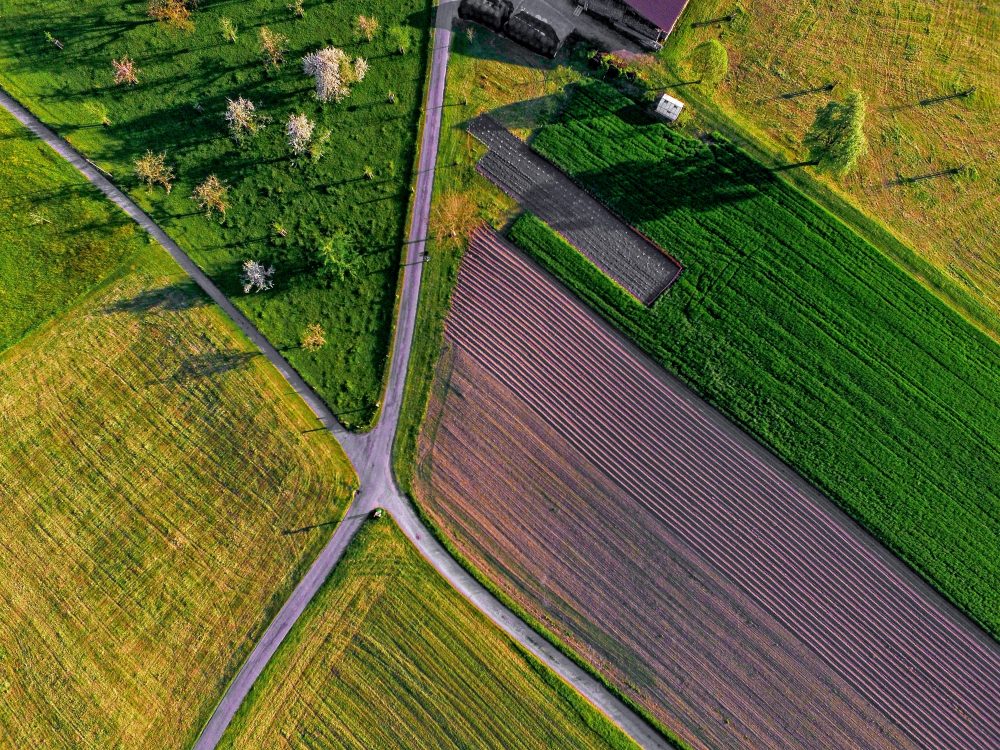
New research published in Nature Geoscience has found that climate engineering that modifies the properties of the land surface in highly populated areas and agricultural areas over North America, Europe and Asia could reduce extreme temperatures there by up to 2-3°C.
-
Research brief: How plants survive droughts
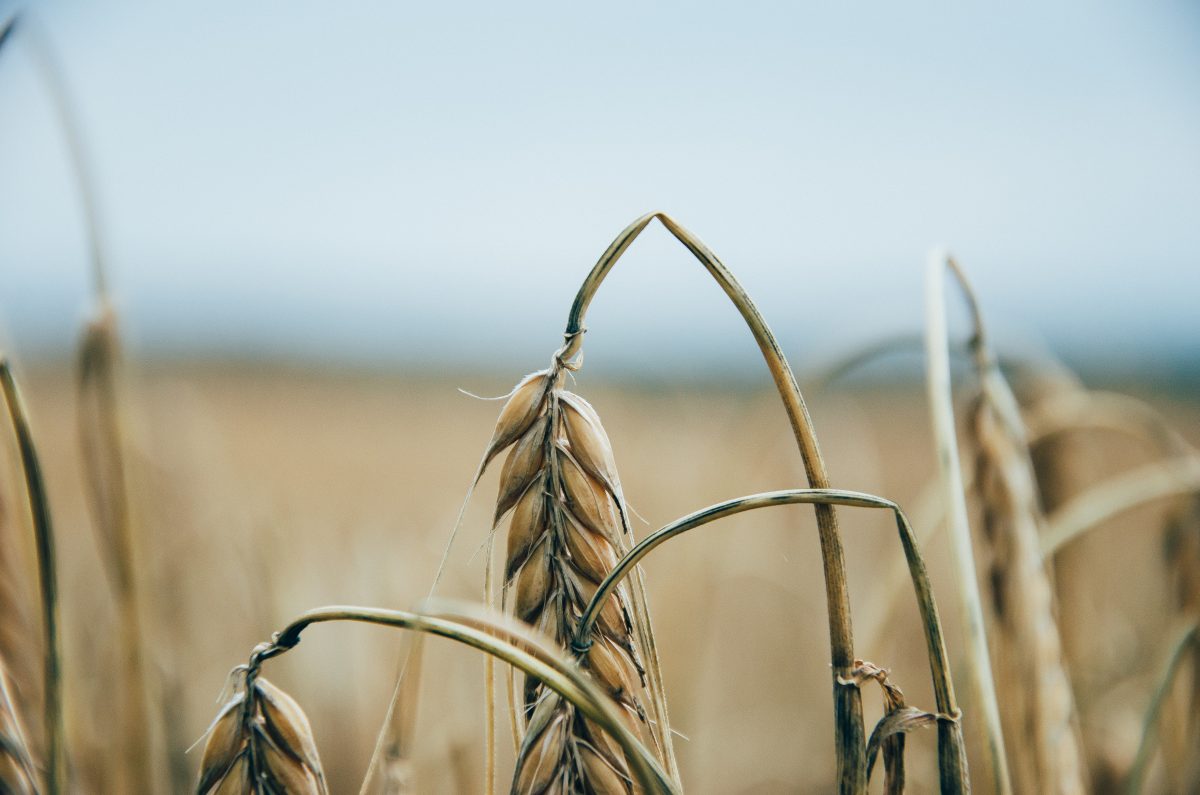
Understanding which plant species can recover from drought, under what conditions and the processes involved, will help researchers predict plant mortality in response to global climate change. In response to drought, some species die because of embolism-induced hydraulic failure, while others recover, following rehydration. This research focuses on structures and processes that might allow some plants…
-
Research brief: More than photosynthesis reduced when plants under stress

The reduction in growth of plants restricted by limitations on nutrients, temperature and/or water stress, didn’t just reduce photosynthesis but led to negative feedbacks in plant carbon balance processes.
